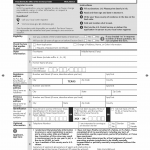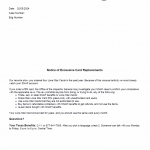How Form VTR-34 relates to Form VTR-262 within the Texas title system
Form VTR-34 and Form VTR-262 serve different functions within the Texas vehicle title system and are not interchangeable. The Texas Department of Motor Vehicles evaluates certified copy requests and ownership transfers under separate legal paths. Understanding the boundary between record confirmation and authority to transfer ownership is essential to determining which form the system permits in a given situation.



